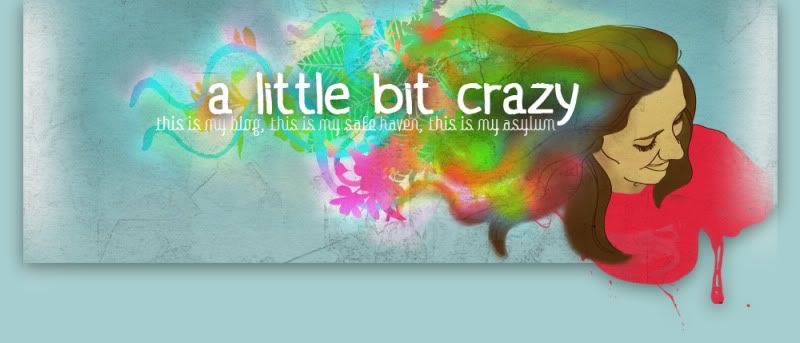Ah, Heather, this is a very complicated answer. And very frustrating for so many people. Apparently, about 1 in 6 peopls suffer from hay fever associated with pollen in the air. I personally am not an allergy sufferer. How I was blessed with this omission, I don't know, but I'm definitely thankful. Especially that I'm not allergic to cats. But I am off-topic now.
 Pollen. Teeny-tiny microgametophytes. Made up of a nucleus of sperm cells and two layers of shell to protect it and located in a part of the plant accessible from the outside. The male part of the plant that is usually blown by the wind or carried by an insect or bird to another plant to be germinated and create a seed for a new plant. The study of pollen is palynology and is a very useful for many other studies.
Pollen. Teeny-tiny microgametophytes. Made up of a nucleus of sperm cells and two layers of shell to protect it and located in a part of the plant accessible from the outside. The male part of the plant that is usually blown by the wind or carried by an insect or bird to another plant to be germinated and create a seed for a new plant. The study of pollen is palynology and is a very useful for many other studies.Pollen is used by bees as food, by plants as a regenerator and by pharmaceutical companies as profit.
The reason that only a part of the general population are affected aversely by pollen is because of certain pollen proteins. Apparently, allergy-sufferers have an immune system that considers these proteins as harmful. Their bodies react by releasing excessive amounts of histamine.
"Histamine causes blood vessels to dilate and become more permeable, so that they
leak fluids that are rich in immune cells. Under normal circumstances, these
immune cells migrate to the site of injury or infection, where they help to rid
the body of harmful invaders. For allergy sufferers, however, pollen triggers a
false alarm, which translates into irritated, dripping nostrils, swollen tissue,
and watery eyes."
Which is why they then take an anti-histamine to reduce the symptoms. And since one in six is a pretty high percentage, that is why the drug companies make so much money!
Allergies are generally inherited from the parents and will continue to be passed on from generation to generation. Fortunately, most people can keep these allergies under control with drugs.
The most common plants to avoid that are high-pollen carriers are ragweed, oak, birch, hickory, pecan, and early summer grasses.
So stock up on your Benadryl and duck when you see the pollen flying!

7 comments:
ahhh! i see the light! that clears up so much, although the part that is clear now is not, unfortunately, my sinuses.
That is definitely unfortunate...I wonder if you could hypnotize the allergy away?
reading this makes me sneeze.
so where does pollen come from?
Haha^^
Hey, at least the person gave us info about what pollen IS.
656743435
Post a Comment